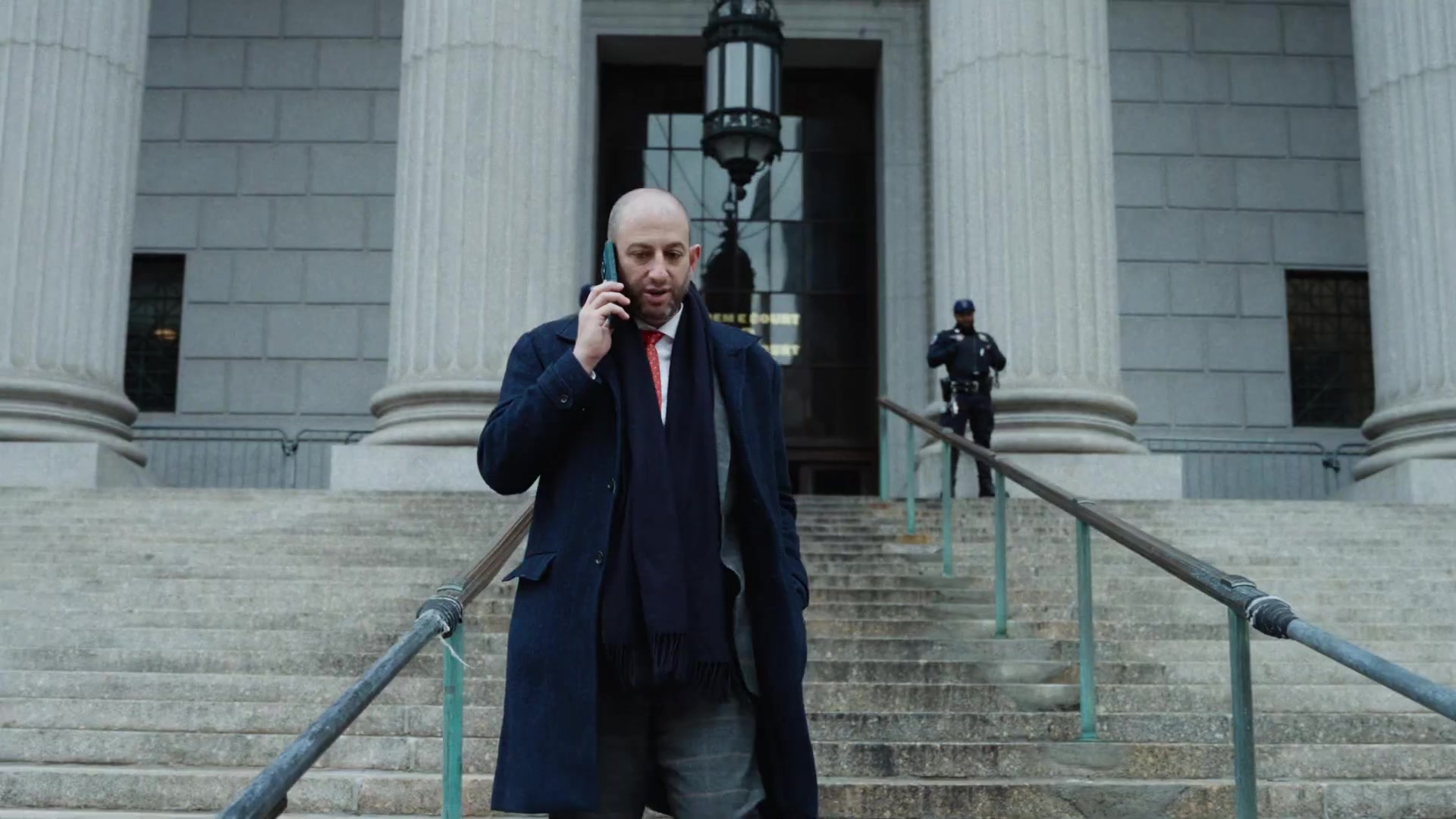What Issues Do People Raise In A Federal Criminal Appeal?
Understanding the Federal Appeal Process
A conviction in federal court doesn't signal the end of your defense to a prosecution. However, the defense transitions from a trial to an appeal. At the appellate stage, the emphasis turns from the facts and evidence in dispute to whether the trial court correctly followed the law. As such, a Court of Appeals will not resolve factual questions. Instead, it considers only whether the trial judge failed to apply the correct legal standards to evidence, factual assertions and the conduct of the trial. Below are some of the typical issues you might raise in a federal criminal appeal.Sufficiency of the Evidence
Burden of Proof Requirements
The government must prove your guilt beyond a reasonable doubt. Here, you tell the Court of Appeals why the government failed to meet its burden of proof. You might point to the lack of eyewitness testimony or the absence of any statements or documents tying you to the criminal activity.The Difficulty of This Ground for Appeal
Insufficiency of the evidence is a difficult road to reversal of a conviction. The Court of Appeals views the evidence most favorably to the government. If there are conflicts in testimony, the appellate judges will (for purposes of the appeal) answer them in the prosecution's favor. So long as the prosecution's evidence would be enough, if accepted by the jury, then you won't earn a reversal for lack of evidence.Affirmative Defenses and Constitutional Protections
15,000+
Federal Cases Filed Annually
90%
Plea Before Trial
Mistakes in Admitting Evidence
Constitutional Violations
The trial court may have refused to exclude certain evidence. One category involves evidence obtained in violation of your Fourth, Fifth and Sixth Amendment rights. For instance, a federal agent may have interrogated you without advising you of your right to remain silent and have a lawyer. Allegedly illegal contraband may have been seized from your home or person without a warrant. Often, appealing defendants have pleaded guilty to a crime based on the evidence they contend was obtained in violation of the Constitution but preserve their right to appeal the denial of motions to exclude the evidence.Other Evidentiary Errors
Aside from Constitutional violations, you might argue that the trial judge erroneously allowed the jury to hear unfairly prejudicial statements, hearsay or opinions by witnesses not qualified to give them.Jury Instructions
Erroneous Instructions
Defendants may raise the trial judge's failure to correctly instruct the jury on the elements of the crime and burden of proof. These erroneous instructions may include placing on the defendant a burden that rests with the government and mistakingly identifying the specific or otherwise criminal intent required for the offense.Failure to Instruct
The judge's failure to instruct may also present a reason to reverse a conviction. Judges must instruct the jury on defenses that are supported by evidence presented in the trial.Punishments

Defense Team Spotlight
Todd Spodek
Lead Attorney & Founder
Featured on Netflix’s “Inventing Anna,” Todd brings decades of experience defending clients in complex criminal cases.
The U.S. Sentencing Guidelines
Federal judges use the U.S. Sentencing Guidelines to determine the type and length of punishments. Within the guidelines lie a set of factors that, in general terms, include the seriousness of the crime, the impacts of the crime on the victim, the need for restitution to the victim, other purposes of criminal punishment and the defendant's history.Grounds for Sentencing Appeals
Your appeal might involve a claim that the trial judge departed from these Guidelines without a basis. Potentially, you'll argue that you received an unfair sentence -- especially if other defendants committed the same acts with the same impacts and received much lighter sentences. As a general rule, a sentence that falls within the Guidelines is presumed to be reasonable and affords no ground for reversal on appeal.Why You Need an Experienced Appeals Lawyer
To bring these grounds for review, you should obtain the services of an experienced federal criminal appeals lawyer. Pursuing an appeal takes considerable care and skill in meeting deadlines to build a record to the proceedings, preparing a brief and attending an oral argument. An appellate lawyer can help you observe the deadlines and steps needed in your efforts to overturn a conviction.Frequently Asked Questions
No. You have the right to remain silent and the right to an attorney. Invoke both rights immediately and contact Spodek Law Group.
Every case is different. We offer free initial consultations to evaluate your case and discuss our fee structure.
An arraignment is your first court appearance where charges are formally read. You enter a plea and bail may be set. Having an attorney present is critical.








